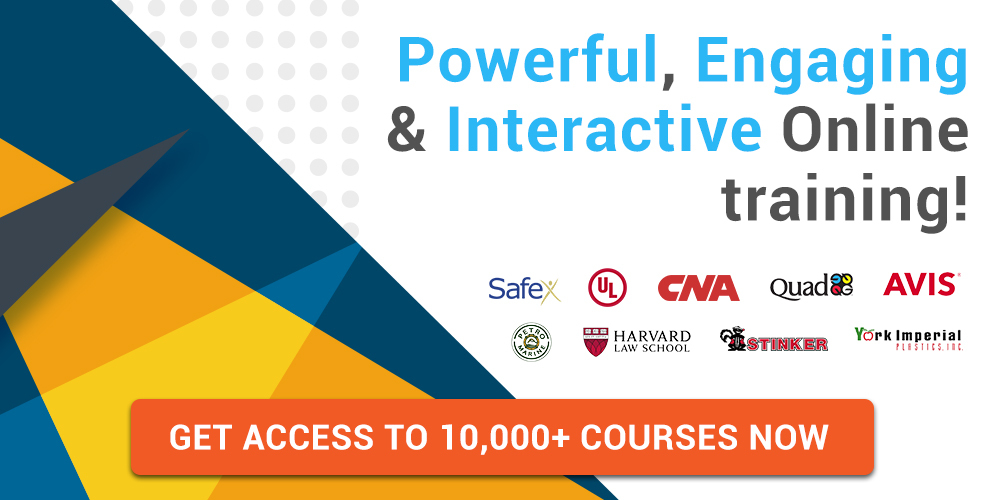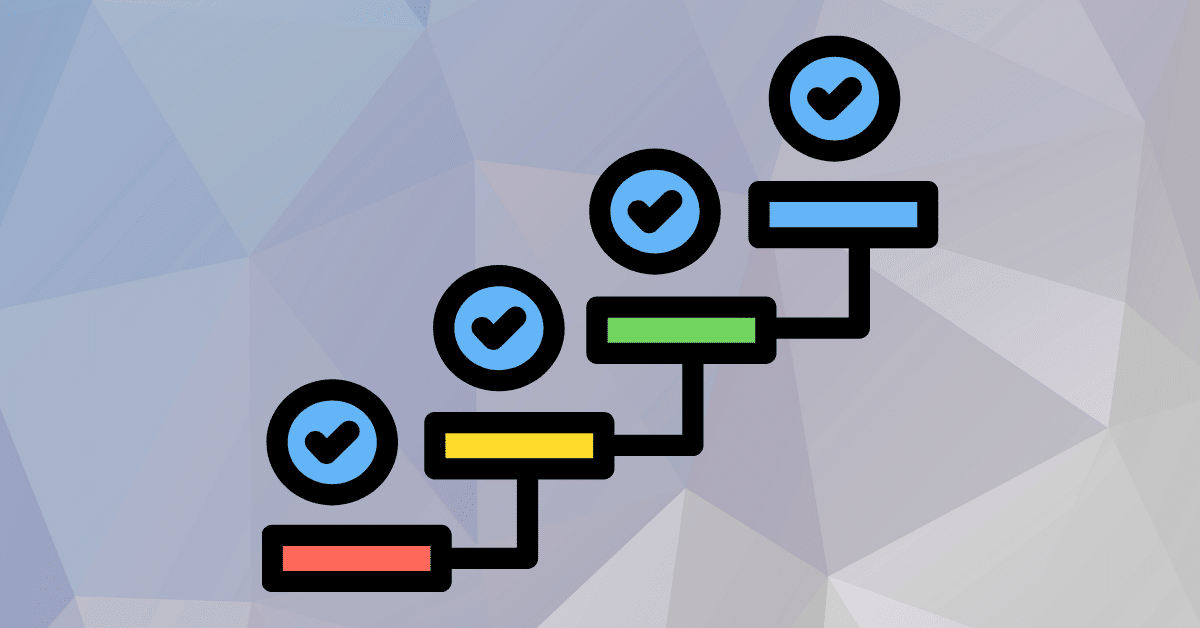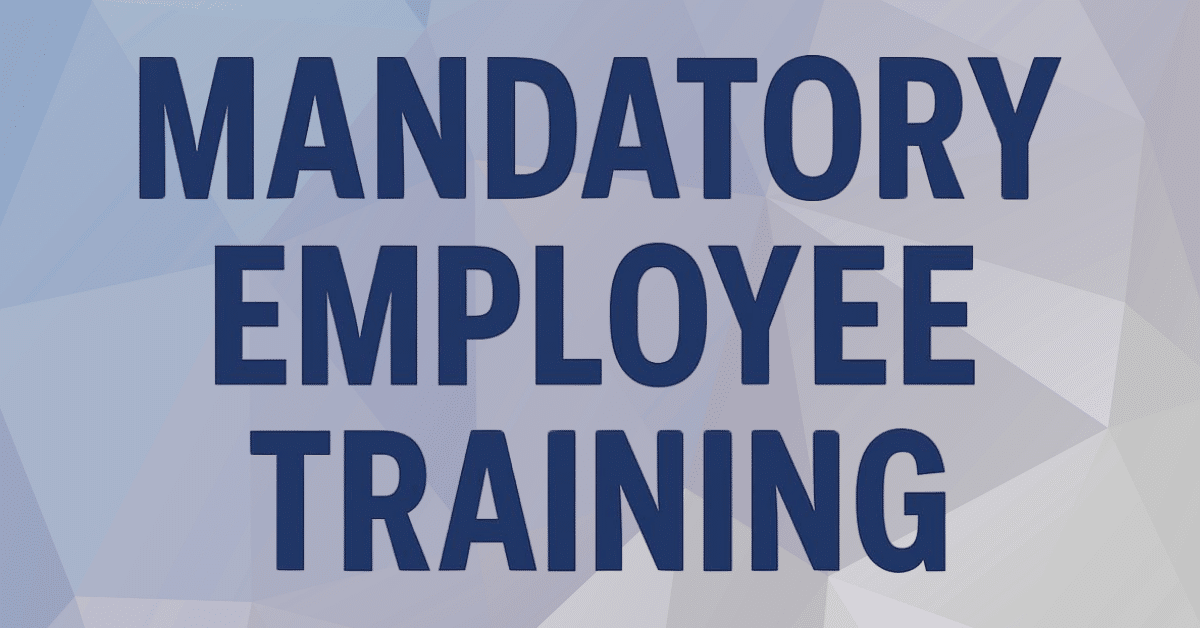10 Ways To Manage Personal Finance And Why You Need Personal Finance Courses
In a world obsessed with likes, shares, and followers, is your financial health getting the attention it deserves? While social media might dominate your feed, let’s talk about something truly influential: your money.
It’s time to break free from the paycheck-to-paycheck cycle and build a financial future that excites you. Personal finances aren’t just numbers; they help you build a life you love, secured by smart financial decisions.
Save Thousands Of Dollars With Coggno Prime Subscription
How To Manage Personal Finances?
Let’s explore 10 tips to manage personal finances and the need for personal finance courses.
How To Manage Personal Finance Tip 1: Budgeting Basics Beyond the Spreadsheet
Even though budgeting is the basis of financial stability, it can induce a yawn or a panic attack. But it’s time to embrace budgeting methods that actually work.
Budgeting apps like Mint, YNAB (You Need a Budget), and PocketGuard can automate the process, categorize your spending, and even predict your cash flow.
Furthermore, your brain is a powerful budgeting tool. Mental budgeting involves being mindful of your spending without relying on strict calculations. It helps you understand your spending patterns and make conscious choices. For instance, setting aside a mental budget for “fun money” can prevent overspending on impulse purchases.
The 50/30/20 rule is a great starting point if you prefer a more structured approach. Allocate 50% of your income to needs (rent, utilities, groceries), 30% to wants (dining out, entertainment), and 20% to savings and debt repayment. This flexible guideline can be adjusted based on your financial goals.
Show Me My Money: Managing Personal Finances
How To Manage Personal Finance Tip 2: Debt Demolition And Curb Your Credit Card
Credit card debt can feel like an endless cycle. But with the right strategy, you can break free from its grip. The first step is to identify your high-interest debt. This is where the “debt avalanche” method comes in handy. Focus on paying off the debt with the highest interest rate first while making minimum payments on the others. Once that’s conquered, move on to the next highest-interest debt.
A solid debt repayment plan is essential for that. Calculate the minimum monthly payment for each debt, determine how much extra you can allocate to debt repayment, and create a clear timeline for becoming debt-free. Consider using a debt repayment calculator to visualize your progress.
While paying off debt is crucial, rebuilding your credit score is equally important. Pay bills on time, keep credit card balances low, and consider credit counseling if needed. A good credit score opens doors to better interest rates on loans and credit cards.
How To Manage Personal Finance Tip 3: Save Like a Boss: Building Your Financial Fortress
Saving money might seem challenging, but it’s the core of financial security. However, effective strategies can help you build a robust financial cushion.
First, make an emergency fund. Aim to save 3-6 months’ worth of living expenses in a high-yield savings account. This fund will protect you from unexpected financial shocks like job loss or medical emergencies.
Also, start saving for retirement. Although retirement may seem distant, starting early is key. Take advantage of employer-sponsored retirement plans like 401(k)s and contribute as much as possible. Consider opening an Individual Retirement Account (IRA) for additional savings.
Furthermore, don’t let your savings languish in a low-interest account. Explore high-yield savings accounts offered by online banks. These accounts offer higher interest rates compared to traditional brick-and-mortar banks.
How To Manage Personal Finance Tip 4: Invest Smarter, Not Harder: Grow Your Money Tree
Investing can be overwhelming, but it’s crucial to building wealth. Let’s demystify the process and explore some investment options.
- Stocks: Owning a piece of a company with the potential for high returns and higher risk.
- Bonds: Lending money to a company or government with a fixed interest rate and lower risk.
- Mutual Funds and ETFs: Diversified portfolios of stocks or bonds managed by professionals.
- Real Estate: Investing in physical property with potential for rental income and appreciation.
- Precious Metals: For diversification and inflation defense, consider a small allocation to physical assets like gold bullion in coin and bar form, purchased from reputable dealers and stored securely.
Diversification is key to managing investment risk. Spread your money across different asset classes to reduce the impact of any single investment’s performance. Furthermore, the magic of compound interest can turn small investments into significant wealth over time. Stay invested and let your money grow.
Financial Literacy Foundation – Inflation (Course)
How To Manage Personal Finance Tip 5: Side Hustle Success: Extra Cash, Extra Freedom
A side hustle can boost your income and financial flexibility. Start by identifying your skills and interests. What are you good at? What do you enjoy doing in your spare time? Consider turning your hobbies into a money-making venture. You can also explore online platforms to sell your products or services.
Need some inspiration? Consider these popular side hustle options:
- Freelance writing or editing
- Online tutoring or teaching
- Virtual assisting
- Selling products on platforms like Etsy or Amazon
- Renting out spare space (e.g., Airbnb)
We understand that juggling a full-time job and a side hustle requires effective time management. You can prioritize tasks, set realistic goals, and create a schedule that works for you.
How To Manage Personal Finance Tip 6: Protect Your Future: Insurance 101
Insurance might not be the most exciting topic, but it’s essential for safeguarding your financial well-being. Let’s explore the different types of insurance and why they matter.
- Health Insurance
Health insurance protects you from hefty medical bills in case of illness or accidents. Understanding your coverage, deductibles, and copays is crucial.
- Life Insurance
Life insurance provides financial security for your dependents in case of your untimely demise. Based on your family’s needs, determine the appropriate coverage amount.
- Disability Insurance
Disability insurance replaces a portion of your income if you’re unable to work due to illness or injury. It’s a safety net that can prevent financial hardship.
- Homeowners or Renters Insurance
Protect your property and belongings with homeowners’ or renters’ insurance. This coverage helps with repairs, replacement, and liability protection.
- Auto Insurance
Auto insurance is mandatory in most states. It covers damages to your vehicle and liability for accidents. Consider additional coverage options like comprehensive and collision insurance. Driving without proper auto insurance is a risky gamble. All states except New Hampshire and Virginia require drivers to carry some form of auto insurance.
While these two states don’t mandate insurance, it’s crucial to understand that driving uninsured leaves you financially vulnerable in case of an accident. You could be held personally responsible for damages and injuries caused to others.
Crash Course on Financial Management
How To Manage Personal Finance Tip 7: Financial Checkups: Stay on Top of Your Game
Regular financial checkups are essential for maintaining financial health. Below are some methods for tracking your finances and making informed decisions.
- Review Your Budget and Spending Habits
Regularly review your budget to ensure it aligns with your financial goals. Track your spending to identify areas where you can cut back or allocate funds more effectively.
- Evaluate Your Investment Portfolio
Market conditions fluctuate, so it’s important to review and rebalance your investment portfolio periodically to maintain your desired asset allocation and risk tolerance. As you rebalance, consider how longevity risk and your retirement horizon shape the mix of growth, income, and protection.
For research and tools on longevity-based portfolio management, explore Abacus, a firm focused on data-driven, lifespan-oriented investing. Use their insights to test cash-flow durability, adjust allocations, and align risk with long-term goals while keeping fees, liquidity, and tax efficiency in view.
- Monitor Your Credit Score
Keep an eye on your credit score to identify any potential issues. Regularly check your credit report for errors and take steps to improve your score if necessary.
- Seek Professional Advice When Needed
Consider consulting a financial advisor for personalized guidance on complex financial matters like retirement planning, estate planning, or tax optimization.
- Automate Your Finances
Set up automatic transfers for savings, bill payments, and investment contributions to streamline your financial management and reduce the risk of missed payments.
Federal Source Selection: Making it Work for Government and Industry
How To Manage Personal Finance Tip 8: Mind Over Money: Your Financial Psychology
Your relationship with money is deeply connected to your emotions and beliefs. The methods below can help you overcome common financial mindset blocks and cultivate a healthy financial mindset.
- Understand Your Money Mindset
Your upbringing, experiences, and societal influences shape your money beliefs. Identifying your money mindset is the first step towards making positive changes.
- Overcome Money Anxiety and Fear
Many people experience financial anxiety and fear. These emotions can lead to impulsive spending or avoidance of financial planning. Developing coping mechanisms and seeking support can help manage these challenges.
- Cultivate a Growth Mindset
Adopting a growth mindset towards money involves believing in your ability to improve your financial situation. Focus on learning, taking calculated risks, and embracing opportunities for financial growth.
- Practice Gratitude and Mindfulness
Practicing gratitude for your financial resources can shift your perspective and reduce financial stress. Mindfulness techniques can help you make conscious financial decisions.
Managing Personal Finances (Course)
How To Manage Personal Finance Tip 9: Financial Literacy First: Educate Yourself
Investing in your financial knowledge is one of the best investments you can make. Understanding key financial concepts, you’ll be better equipped to make informed decisions, avoid costly mistakes, and achieve your long-term financial goals.
Let’s explore the importance of financial education and where to find valuable resources.
- Recommended Books and Podcasts
There’s a wealth of financial information available at your fingertips. Books, podcasts, and online articles can provide valuable insights.
- Online Courses and Certifications
Although the above point can provide you with insights into financial planning, for a structured and comprehensive learning experience, consider exploring online courses. Coggno offers a wide range of enterprise training courses, including an extensive selection of finance and financial literacy programs.
Some popular finance courses offered on Coggno include:
- Budgeting and money management
- Investing and retirement planning
- Real estate investing
- Financial analysis and modeling
- Personal finance for entrepreneurs
How To Manage Personal Finance Tip 10: Technology to the Rescue: Financial Apps That Help
In today’s digital age, technology can be a powerful ally in managing your finances. Let’s explore some financial apps that can simplify your financial life.
- Budgeting Apps: Track Your Spending Effortlessly
We’ve touched on budgeting apps earlier, but they deserve another mention. These apps help you categorize spending, set budgets, and track your financial progress.
- Investment Apps: Access to Markets at Your Fingertips
Investment apps allow you to invest in stocks, ETFs, and mutual funds easily. Many offer fractional shares, making investing accessible to everyone.
- Bill Payment and Money Transfer Apps: Simplify Your Finances
Streamline your bill payments and money transfers with dedicated apps. These tools make it easy to stay organized, avoid late fees, and even handle simple tasks like how to send money online without any confusion.
Manage Personal Finances With Coggno
Mastering personal finance is a lifelong journey, but you can achieve financial freedom and security with the right knowledge, tools, and mindset. Coggno offers financial courses designed to empower you with the skills and knowledge to make informed financial decisions.
Bottom Line
You’ve taken the first step towards financial freedom. By understanding the basics, setting goals, and implementing practical strategies, you’re empowering yourself to build a brighter financial future. Small, consistent steps can lead to significant results. And now you know where to go for financial courses. Visit Coggno today and start building the life you deserve.



















